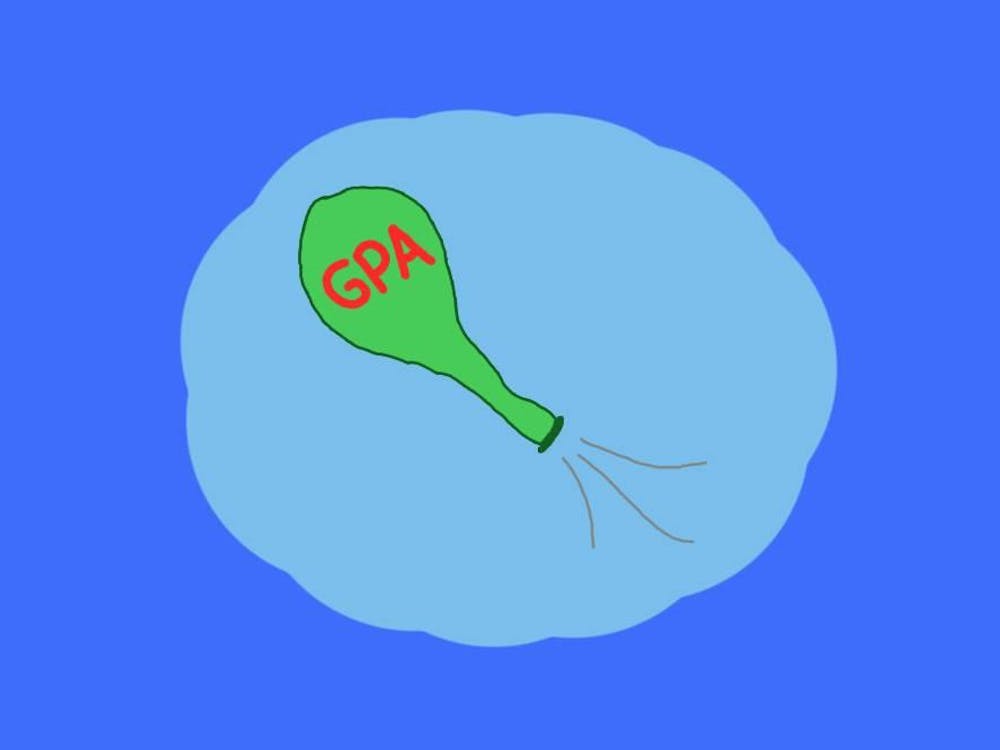The United States is a nation free from the notion of George Orwell's "Thoughtcrime." In America, one may think whatever one likes, however bigoted, misinformed, or absurd it may be. However, it is not a nation free from Actioncrime. In the United States, it is still against the law to do things to harm another person.
This goes for the University of Virginia as well. Students must feel that they are safe from the harmful actions of others, in order that they may pursue educational goals. This is a duty of the University beyond that of the United States government. From time to time, any educational institution may be obliged to restrict students to a greater degree than the U.S. government in order to create a safe learning environment. Ginny Robinson writes ("Freedom to err," Nov. 4) that there must be a "balance between protecting freedom of speech while ... maintaining the rights of individuals to learn in an environment free from undue harassment." I say that this "undue harassment" includes vocal harassment, meaning that sometimes the University might have to coerce a student's freedom to certain types of speech.
I agree with Robinson that "University authority should never intervene to restrict the opinion." What self-respecting American would not agree with this? But I go back to my original point of Thoughtcrime versus Actioncrime. The University does not say that one's opinion is wrong or that one is not allowed to think it - however, in the line of protecting students from hateful and emotionally damaging speech, the expression of some opinions may need to be curbed.
Finally, Robinson writes "When power is given to the University establishment to decide what constitutes inappropriate language, the University is simply exchanging one form of bias for another." I disagree. An institution in the American tradition (be it an educational or governmental institution) must have the power to create laws, interpret laws, and enforce laws. The University Judiciary Committee and Student Council must have the ability to enforce regulations in order for the University to run smoothly. They are the bodies in whom we have vested the power to run our institution.
Opinion is not censored at the University - no secret police is going to torture you into admitting to a heretical notion and then burn you at the stake for it. Actions, however, are and should be; students must feel safe from harmful actions of others. Sometimes, the action of speech may fall under this category of "harmful," and as such, the governing body of the University does and should have power to decide what is allowed and what is not.
Amanda Sweeny\nCLAS I




